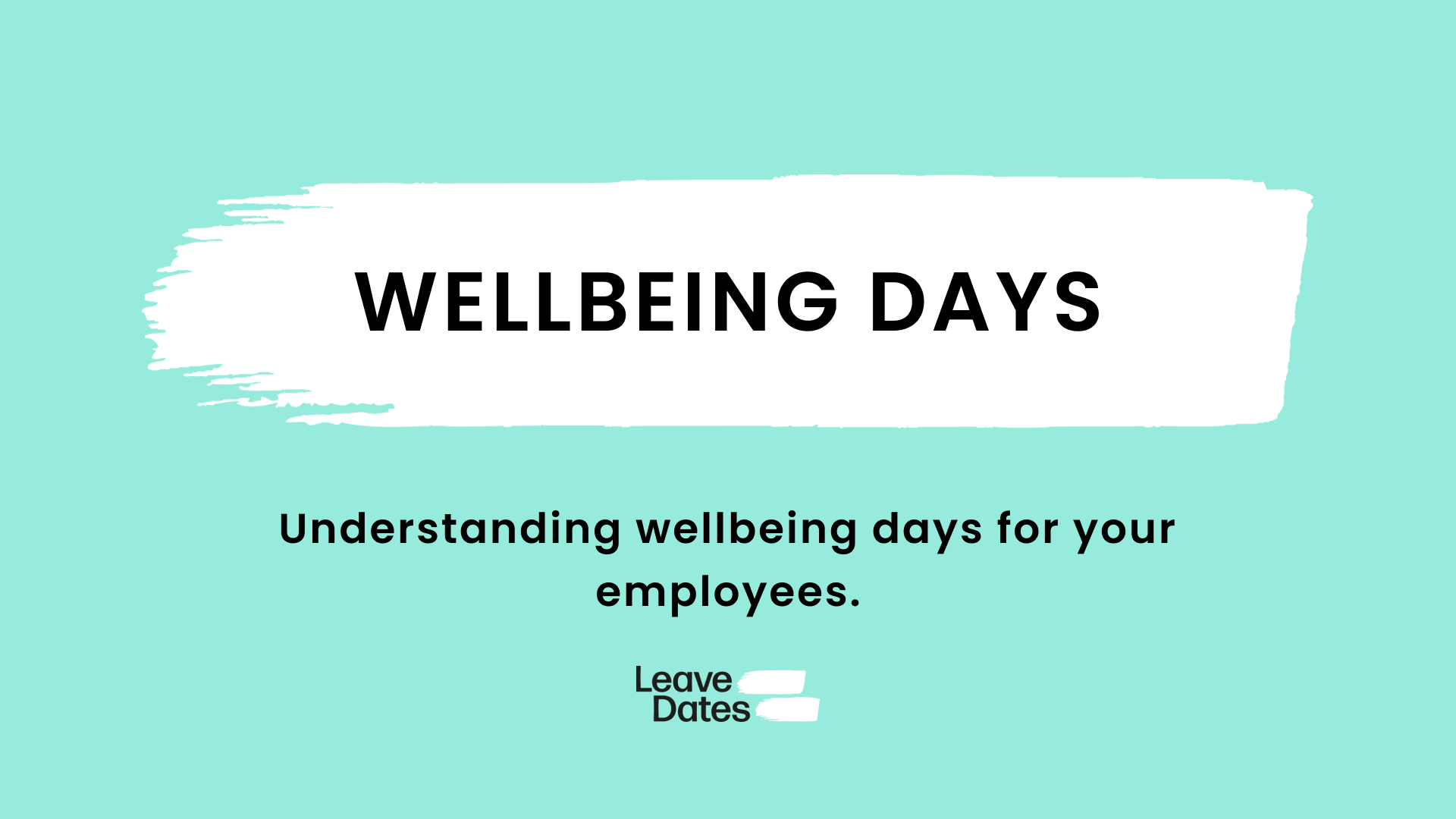
As you sit by the side of the pool, book in one hand, mojito in the other, you’re hit with a thunderbolt out of the blue: you don’t want to go back. Not just the, ‘Oh isn’t this lovely, wouldn’t it be great to stay here forever – sigh!’ that we all experience when we’re soaking up a slice of paradise, but a much more alarming, ‘No, even when I get home, I really don’t want to go back. I want to quit my job.’
We’ve all fantasised about crafting a resignation email from the back of a superyacht as the handsome billionaire we locked eyes with over sundowners in Portofino sweeps us off our feet and over the horizon (no? Just us?) but fantasy aside, can you hand in your notice while on leave?
Sometimes, it takes stepping away from something, taking a breather and looking at it from a distance to realise that it isn’t quite right. For some, that realisation might come when taking a much-needed holiday. A little slice of doubt in the corner of your mind that’s been niggling away at you but you’ve so far tried to ignore, might suddenly become crystal clear when you get the space and perspective that being physically away from work provides. You need more than time off, more than a break – you need a complete change. But you can’t just… not go back, can you?
Well, yes and no. You absolutely can hand in your notice while off on leave (any kind of leave, not just holiday!), but it’s not as simple though as just cancelling your return flight, or switching your phone off. Due process still applies, even if you mentally checked out of your role when you checked into your resort, and you still have obligations to your employer. If this was a sudden epiphany and your contract requires you to give notice, you probably do have to go back.
Table of Contents
Quitting on leave
In the UK, it’s perfectly legal to quit while on annual leave. Or sick leave. Or parental leave, carer’s leave, unpaid leave – none of these negates your ability or right to resign, or when you decide to do it. In the case of parental leave, it’s worth considering the timing as it may affect things like maternity/paternity pay. For example, if enhanced benefits like occupational maternity pay are offered, you may be required to repay this.
There’s really no limit on when you can resign, other than the notice period and terms set out in your contract. The clock doesn’t stop ticking just because you’re in a different time zone. If you have a two-week notice period and a fortnight in the Algarve booked, you could send your resignation email on your way home to pack, with the option of a one-way ticket and safe from the threat of leaving drinks!
How to quit
The process of quitting a job is governed by two main things, from both the employee’s and the employer’s perspectives: the Employment Rights Act 1996, and your employment contract. The key thing of concern is the ‘notice period’, which is the advance warning that the employee is required to give the employer that they intend to terminate the employment contract. This goes both ways – the employer is also required to give an employee the same notice if they intend to let them go. Notice must be given in writing.
The relevant detail is the length of that period – which for an employee is a minimum of one week for a period of employment of more than a month. This is the minimum, though, and it’s common for contracts to require a longer notice period for more significant periods of employment.
Crucially, there is no law on when this can be triggered – the notice period begins the day after is given – or how notice is given. You do not have to be physically present. Any remaining leave you still have will either be paid out or used during the notice period – this is something to clarify with your manager, if it’s not clear in your contract.
Your employer cannot refuse your notice because you’re on leave, or compel you to give it in person. They might ask you to return to work if you quit while on annual leave, but they can’t cancel your holiday time without giving notice of this, so in most cases this won’t apply. Either party can also waive their right to notice, and the employee can accept payment in lieu of working notice if this is offered (handy if you do decide to do it on holiday – ‘can I get that in Euros?!’).
So in theory, you can email from the plane/beach/festival/slopes and simply not go back, if you time it right and you have enough annual leave. Or if you want to quit but just can’t face doing in person, you can book time off, press ‘send’ as you leave on Friday and then hide under your duvet for a week. Perhaps not the ideal approach, but who are we to judge?
So you can do it, but should you?
If you’ve fallen in love with the idea of a new job, even a new life abroad, you really want to be sure this isn’t just a holiday romance before you make any big, irreversible decisions.
Did you have doubts before you went? If you’d just been looking forward to a nice break and thoughts of quitting are entirely new, perhaps hold off and mull it over when you get home – it could just be the sun and sangria talking. There’s a big difference between taking leave and leaving altogether. You don’t want to do something rash that you regret once the tan has faded, there’s no more buffet breakfast and the all-inclusive wristband isn’t working on the Tesco checkout man.
We can be swept up in a hazy glow of optimism that is so much easier to find when we step off the treadmill of daily life. It’s important to give yourself time to make big life decisions and, all jokes aside, a snap decision to quit your job and become a digital nomad after a perfect day on holiday is as likely to cause misery upon landing back home as it is joy and relief. Quitting your job is not something to do lightly.
Sometimes, though, you do need a bit of distance to make that decision, especially if it’s one you’ve been grappling with for a while. A bit of time and space away from the influence of the work environment, from colleagues you might feel loyal to and guilty about leaving, can help you to see and think clearly. Often it’s only by stepping away that we can know for sure that we don’t want to step back in.
Key takeaways
As an employee, you can leave a job pretty easily if you decide that’s what you want to do. It’s much easier for you to quit than it is for your employer to let you go. But this does open the door for rash decisions.
Resigning while on any kind of leave is completely legal and possible, but be sure to think carefully if you’re making this decision from a place – physical, mental or emotional – that is far removed from your day-to-day reality. Your perspective may be affected – positively or negatively – by where you are at that moment. Quitting might be less appealing when you can no longer afford a 5-star hotel, when you emerge from the fog of new parenthood, or recover from an illness. Or you might feel even more resolved to make a change.
So, if throwing on your swimwear has genuinely made you want to throw in the towel – go for it! But remember that, unless you’re still in a probation or trial period, you are still going to have to use that towel to dry off, then get dressed, fly home and work your notice period before you can say ‘Adios’ for good!



